Václav Talich - Special Edition Vol. 8: Wagner - Tristan und Isolde / Tchaikovsky - Symphony "Pathetique" (2006)
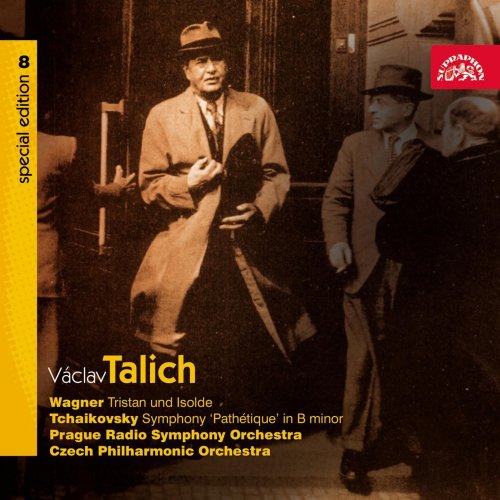
Artist: Václav Talich
Title: Special Edition Vol. 8: Wagner - Tristan und Isolde / Tchaikovsky - Symphony "Pathetique"
Year Of Release: 2006
Label: Supraphon
Genre: Classical
Quality: FLAC (tracks)
Total Time: 01:03:23
Total Size: 142 Mb
WebSite: Album Preview
Tracklist: Title: Special Edition Vol. 8: Wagner - Tristan und Isolde / Tchaikovsky - Symphony "Pathetique"
Year Of Release: 2006
Label: Supraphon
Genre: Classical
Quality: FLAC (tracks)
Total Time: 01:03:23
Total Size: 142 Mb
WebSite: Album Preview
1. Tristan und Isolde, .: Overture 11:43
2. Tristan und Isolde, .: Isoldes Liebestod 05:54
3. Symphony No. 6 in B-Sharp Minor, Op. 74, .: I. Adagio - Allegro non troppoCzech 17:55
4. Symphony No. 6 in B-Sharp Minor, Op. 74, .: II. Allegro con grazia 08:53
5. Symphony No. 6 in B-Sharp Minor, Op. 74, .: III. Allegro molto vivace 09:36
6. Symphony No. 6 in B-Sharp Minor, Op. 74, .: IV. Finale. Adagio lamentoso 09:22
Performers:
Prague Radio Symphony Orchestra
Czech Philharmonic
Conductor: Vaclav Talich
With several hundred recordings of Wagner's "Prelude" and "Liebestod" from Tristan und Isolde and of Tchaikovsky's Sixth Symphony in the catalog, what possible reasons could there be for re-releasing Czech conductor Václav Talich's 1953 recordings of the works? The first and foremost reason is that they are so unbelievably great. In every note of every bar, Talich's interpretation expresses the overwhelming emotional ecstasy of Wagner's "Prelude" and "Liebestod" and the unbearable psychic agony of Tchaikovsky's Sixth. But since there are probably dozens of recordings that express that same ecstasy and agony, what is it about Talich's performances that make them special?
In part, it's his phrasing. Whether from the Prague Radio Symphony in the Wagner and from the Czech Philharmonic in the Tchaikovsky, Talich's phrasing is molded to the arch of the melody in a manner that is wholly in sympathy with the music and yet wholly individualistic. In part, it's his colors. Whether with the Radio Symphony or the Czech Philharmonic, Talich's colors are clear but rich, warm but brilliant, entirely appropriate to the music but still highly characteristic of the Czech players. In part, it's his forms. Whether in the unique harmonic shapes of Wagner or in the more traditional harmonic structures of Tchaikovsky, Talich's forms are absolutely lucid but relentlessly driven, always cogent but invariably surprising, massively monumental but totally flexible.
But for the most part, what makes these recordings special is Talich's personality. Noble yet passionate, lyrical but dramatic, utterly personal and yet utterly objective, Talich's personality infuses his performances with a depth of humanity and a profundity of spirit that only Bruno Walter and one or two other twentieth century conductors could match. Even for those who have dozens of recordings of either work, Talich will reveal aspects of the scores they've never heard before precisely because he is the conductor, making this recording mandatory listening for anyone who loves either work. Supraphon's monaural sound is aged but clean enough to let the glory of Talich's performances shine through.
In part, it's his phrasing. Whether from the Prague Radio Symphony in the Wagner and from the Czech Philharmonic in the Tchaikovsky, Talich's phrasing is molded to the arch of the melody in a manner that is wholly in sympathy with the music and yet wholly individualistic. In part, it's his colors. Whether with the Radio Symphony or the Czech Philharmonic, Talich's colors are clear but rich, warm but brilliant, entirely appropriate to the music but still highly characteristic of the Czech players. In part, it's his forms. Whether in the unique harmonic shapes of Wagner or in the more traditional harmonic structures of Tchaikovsky, Talich's forms are absolutely lucid but relentlessly driven, always cogent but invariably surprising, massively monumental but totally flexible.
But for the most part, what makes these recordings special is Talich's personality. Noble yet passionate, lyrical but dramatic, utterly personal and yet utterly objective, Talich's personality infuses his performances with a depth of humanity and a profundity of spirit that only Bruno Walter and one or two other twentieth century conductors could match. Even for those who have dozens of recordings of either work, Talich will reveal aspects of the scores they've never heard before precisely because he is the conductor, making this recording mandatory listening for anyone who loves either work. Supraphon's monaural sound is aged but clean enough to let the glory of Talich's performances shine through.
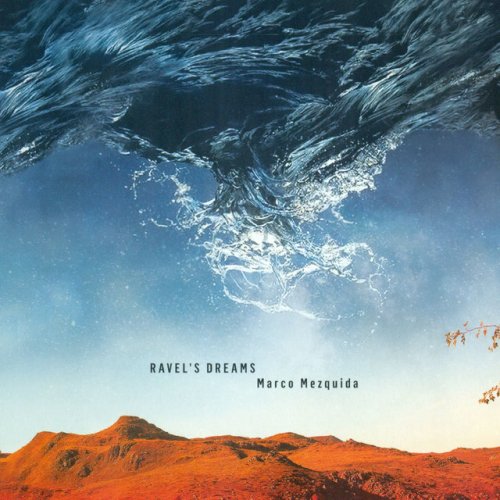
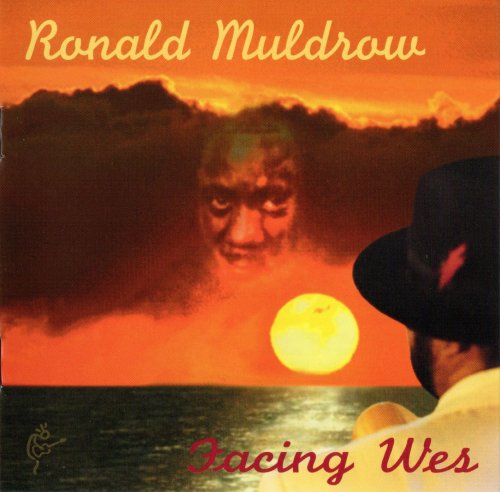
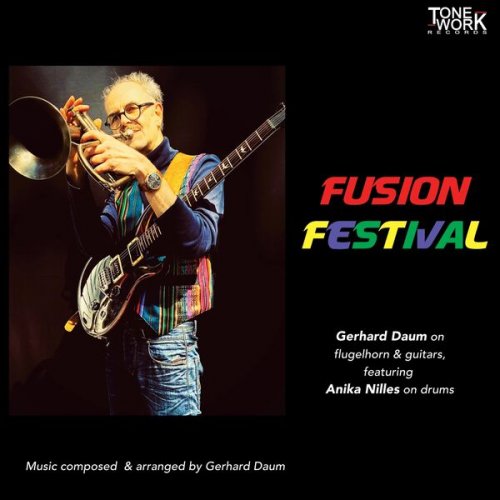
![Matt Choboter - And Then There Were The Sounds Of Birds (2026) [Hi-Res] Matt Choboter - And Then There Were The Sounds Of Birds (2026) [Hi-Res]](https://www.dibpic.com/uploads/posts/2026-02/1771562657_qb70awhgfhge8_600.jpg)
![Brandon Seabrook - Hellbent Daydream (2026) [Hi-Res] Brandon Seabrook - Hellbent Daydream (2026) [Hi-Res]](https://www.dibpic.com/uploads/posts/2026-02/1771429539_a1475136036_10.jpg)
![Ricky Alexander - Ragology (2026) [Hi-Res] Ricky Alexander - Ragology (2026) [Hi-Res]](https://img.israbox.com/img/2026-02/20/u639cld2jig2t4c8jzdm3cvgb.jpg)
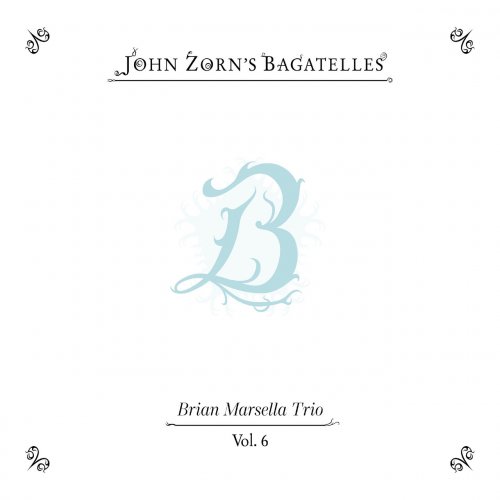
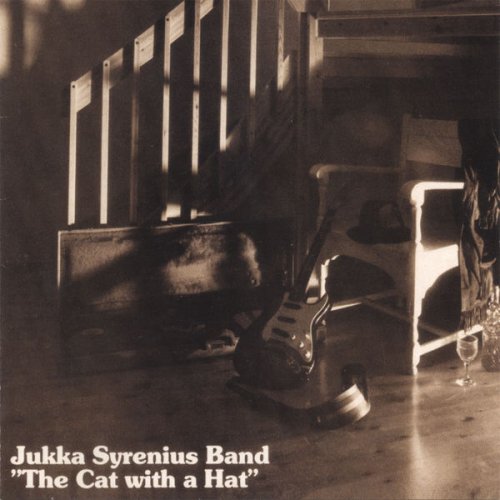
![Stephen Parisi Jr. - Buddy! (2026) [Hi-Res] Stephen Parisi Jr. - Buddy! (2026) [Hi-Res]](https://img.israbox.com/img/2026-02/20/fvrxk8mfalmhx2kjnbwaetofm.jpg)